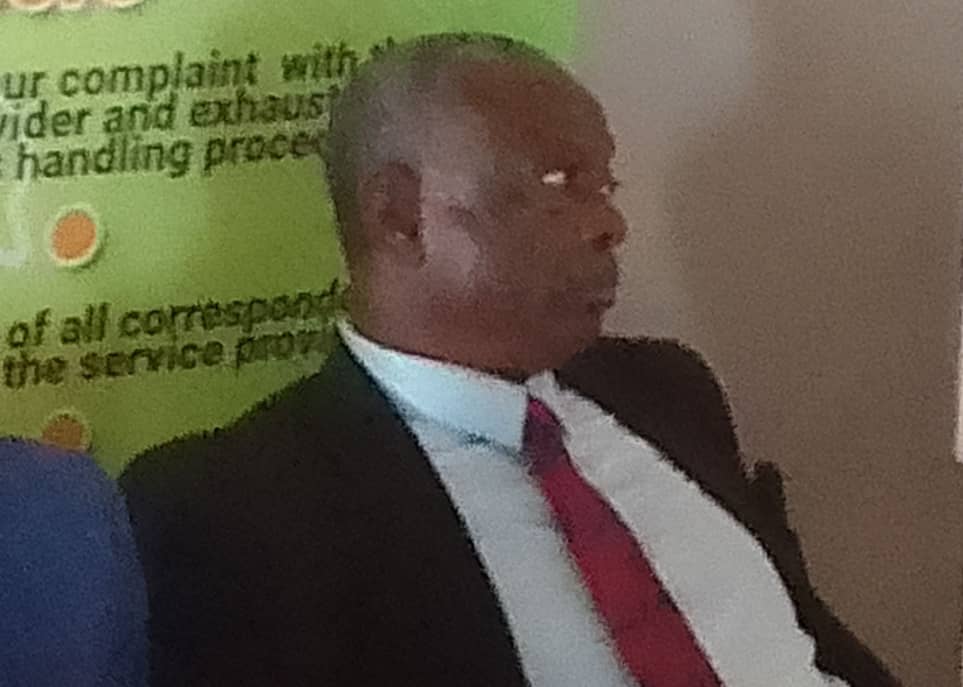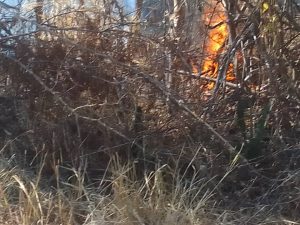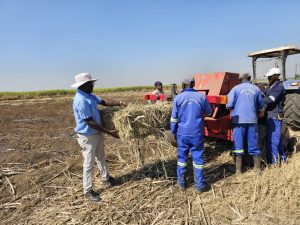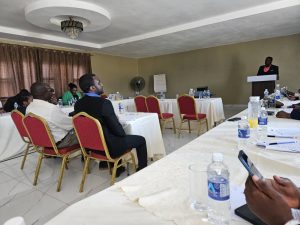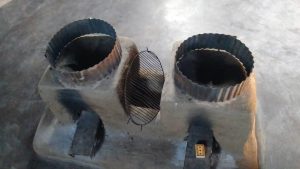Moses Ziyambi
The Zimbabwe Revenue Authority (Zimra) has defended its much-criticized practice of stopping buses that would have crossed from South Africa and cleared by customs officials at Beit Bridge to proceed into the country.
Zimra has for long been criticized for the apparent parasitic behaviour of double inconveniencing travellers by stopping their buses, and ordering them to offload their goods for searching when they would have gone through similar processes at the border post.
Such follow-up searches often lead to many breakages and long delays that cost time and money on families and the national economy.
Responding to questions fielded by EnviroPress at a recent net metering and energy efficiency workshop organised by Zera, William Gadzikwa, who is the Zimra southern region technical services manager in charge of customs and exercises, said the tax agency, in the name of revenue collection, was justified in whatever it chose to do.
He said Zimra reserved the right to conduct checks and rechecks whenever it felt like, and regardless of the inconveniences to the travelling public.
“If we don’t do what we do, government will not be able to implement such public works programmes as rehabilitating the Beit Bridge – Chirundu Road. We don’t make the law, we simply implement it. It is not our intention that some good get broken during the checks which are meant to ensure that we account for every revenue that passes through the border,” Gadzikwa said.
On whether the stopping of buses long after they have departed Beit Bridge Border Post does not reflect Zimra’s lack of faith in its own internal border control systems and personnel, Gadzikwa said they were often overwhelmed by the large volumes of traffic at the border post.
“On average, there are 80 buses crossing at the border post per day and to avoid serious congestion, some of them are allowed to pass without being adequately checked. We conduct a risk assessment of the buses and other transporters, and those that are regarded to be of low risk profile are allowed to pass. But that does not exempt them from being stopped later along the road for post-clearance verification. The solution is for people to be honest and to properly declare what they have when they get to the border,” he said.
Many cross border travellers feel the corruption-riddled tax authority applies ridiculous rules which see it inconveniencing them to make up for the inefficiencies in its rank and file.
“Zimra is in charge of the border, so it makes sense to assume that whatever is allowed to cross into the country would have passed the test. To conduct roadblocks and stop the same buses that you have cleared at the border post is unfair. Many valuable goods including solar panels and groceries get damaged by being loaded and offloaded too many times, and Zimara does not compensate us,” said Tsitsi Mazano, a cross border trader.

